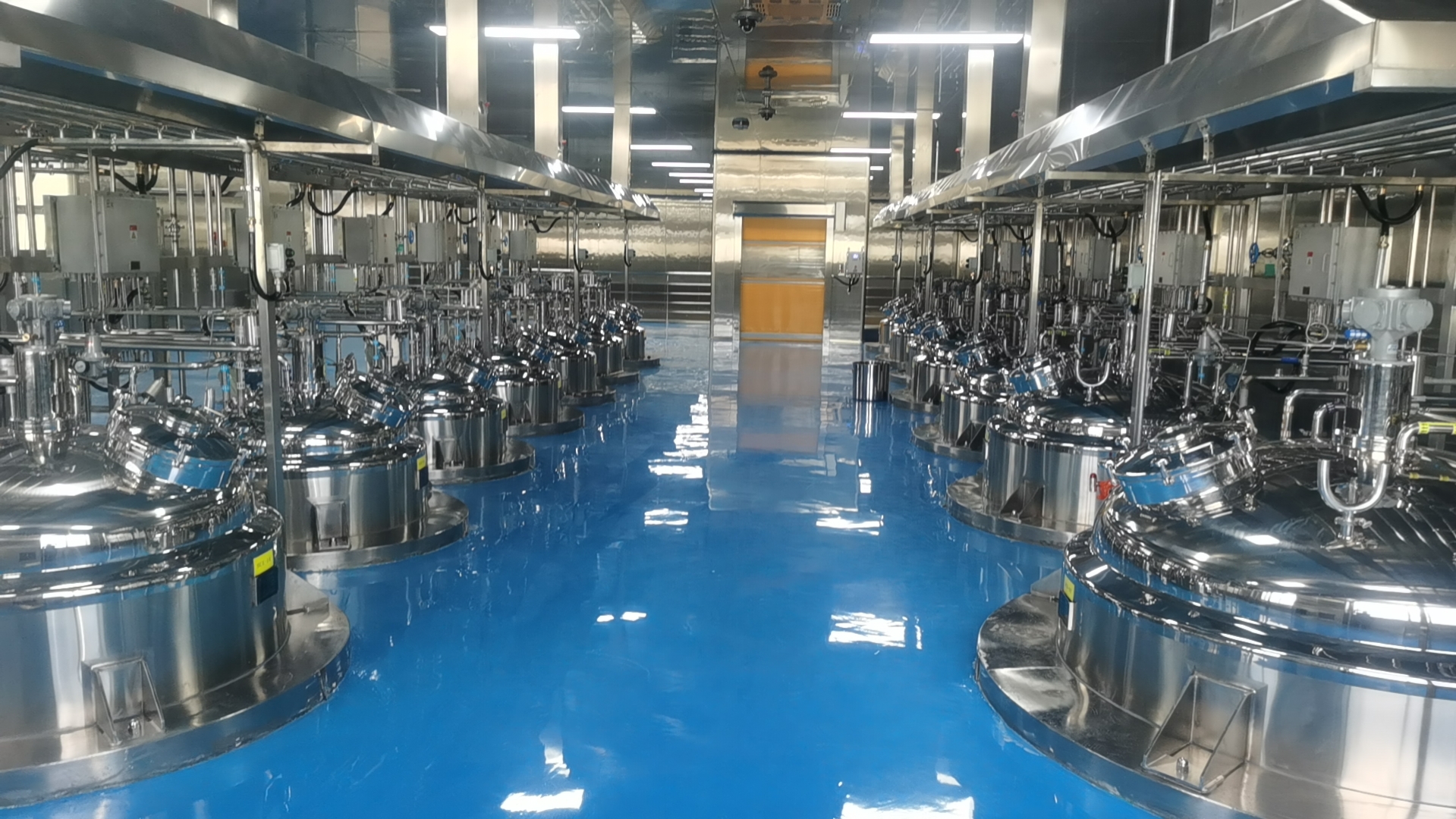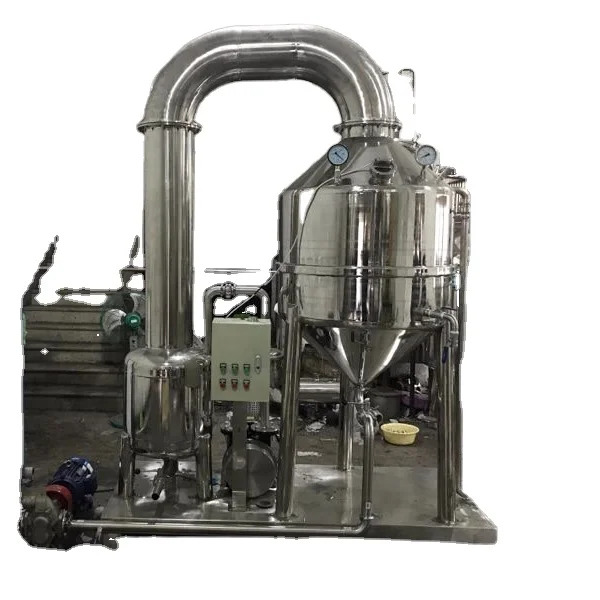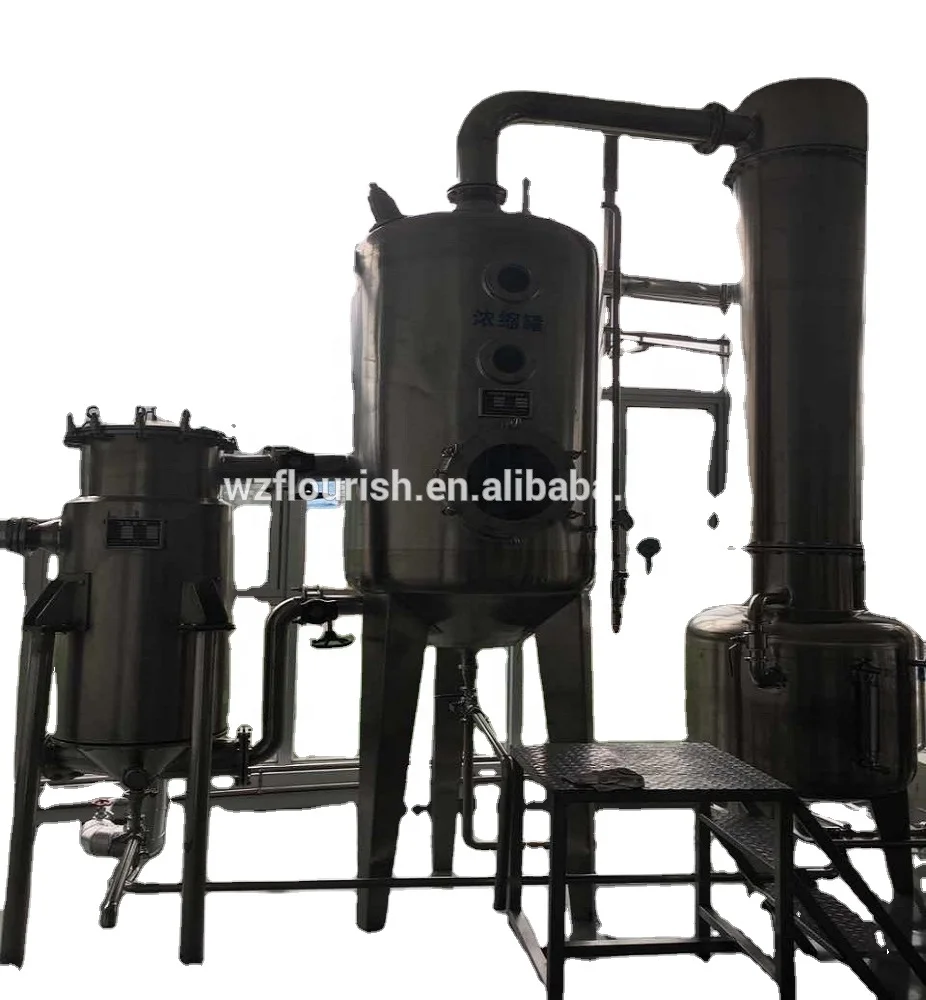
ABOUT
Wenzhou Vince Machinery Science Co., Ltd. was established in early 1980s. Our company covers an area of 6500 square meters and is an independent legal representative firm, possessing rich economic technology strength. Our company is a high tech enterprise and plays an important role in national dairy, foodstuff, pharmacy and machinery industries. We are a beverage machinery supplier.
Since the establishment, our company has mainly engaged in dairy products, foodstuff, beverage machinery, bean products, yellow wine, medicines and fermentation projects. What's more, our company supplies a complete sequence services in manufacturing, installation, test and personnel train, as well as the whole direction service design and consulting service on product project construction or enlargement artistic distribution engineering sets budget.
The Future of Fermentation Tanks: Innovations and Challenges
Embracing Automation and Precision
The future of fermentation tanks is inextricably linked to automation and precision control. Traditional fermentation processes often relied on manual adjustments and intuition, leading to inconsistencies and difficulties in scaling up production. Modern fermentation tanks are now equipped with advanced sensors, control systems, and data analytics capabilities that allow for real-time monitoring and optimization of key parameters. This includes temperature, pH, dissolved oxygen, and nutrient levels. By meticulously controlling these variables, brewers, distillers, and other producers can ensure consistent quality, enhance product yield, and minimize waste.
Moreover, automation enables the exploration of complex fermentation strategies that were previously unfeasible. Precise control over temperature gradients and nutrient delivery allows for the cultivation of diverse microbial communities, leading to novel flavors and functional properties in fermented products. This opens up a vast landscape of possibilities for product development and innovation.
Sustainable Solutions for a Greener Future
Sustainability is a core concern in the modern fermentation industry. Traditional fermentation tanks often require significant energy consumption for heating, cooling, and agitation. The industry is actively exploring more eco-friendly solutions, including energy-efficient designs, renewable energy sources, and waste reduction strategies.
Innovative tank designs incorporate insulation, heat exchangers, and efficient stirring mechanisms to minimize energy consumption. Furthermore, the use of renewable energy sources like solar and wind power is gaining traction, reducing the carbon footprint of fermentation.
The industry is also focused on optimizing resource utilization and minimizing waste. This includes the development of closed-loop systems that recycle fermentation byproducts, such as spent yeast and CO2, for reuse in subsequent processes or as valuable bio-based materials.
Emerging Materials and Bioreactors
Beyond conventional stainless steel, the use of novel materials in fermentation tank construction is gaining momentum. Materials like glass-lined steel and advanced polymers offer superior corrosion resistance, biocompatibility, and ease of cleaning, crucial for ensuring product purity and extending tank lifespan.
The rise of bioreactors, specifically designed for controlled microbial cultivation, represents a significant advancement. Bioreactors offer precise control over parameters such as aeration, mixing, and temperature, enabling the production of high-value biomolecules like enzymes, pharmaceuticals, and biofuels.
The development of modular bioreactors further enhances flexibility and scalability, allowing for customized fermentation systems tailored to specific needs. This adaptability is particularly valuable for research and development as well as small-scale production.
Challenges and Future Directions
While the future of fermentation tanks holds immense promise, several challenges remain. One key challenge is the cost associated with implementing advanced technologies and materials. The initial investment in automated systems, high-performance bioreactors, and sustainable solutions can be substantial for many producers.
Furthermore, the complex nature of fermentation processes requires skilled personnel with expertise in microbiology, process control, and data analytics. Bridging the skills gap and providing training opportunities are crucial for the successful adoption of these innovations.
Research and development remain vital for pushing the boundaries of fermentation tank design and technology. Ongoing research efforts are focused on enhancing the efficiency of microbial processes, exploring novel fermentation strategies, and developing sustainable materials and energy solutions.
In conclusion, the future of fermentation tanks is bright, characterized by a confluence of innovation, sustainability, and precision. The industry is embracing automation, advanced materials, and bioreactor technologies to unlock new possibilities in product development, efficiency, and sustainability. As the challenges are addressed, the future of fermentation holds the potential for a transformative revolution in food, beverage, and bio-based industries, paving the way for a more diverse, sustainable, and innovative world.
SUBSCRIBE
INQUIRY





